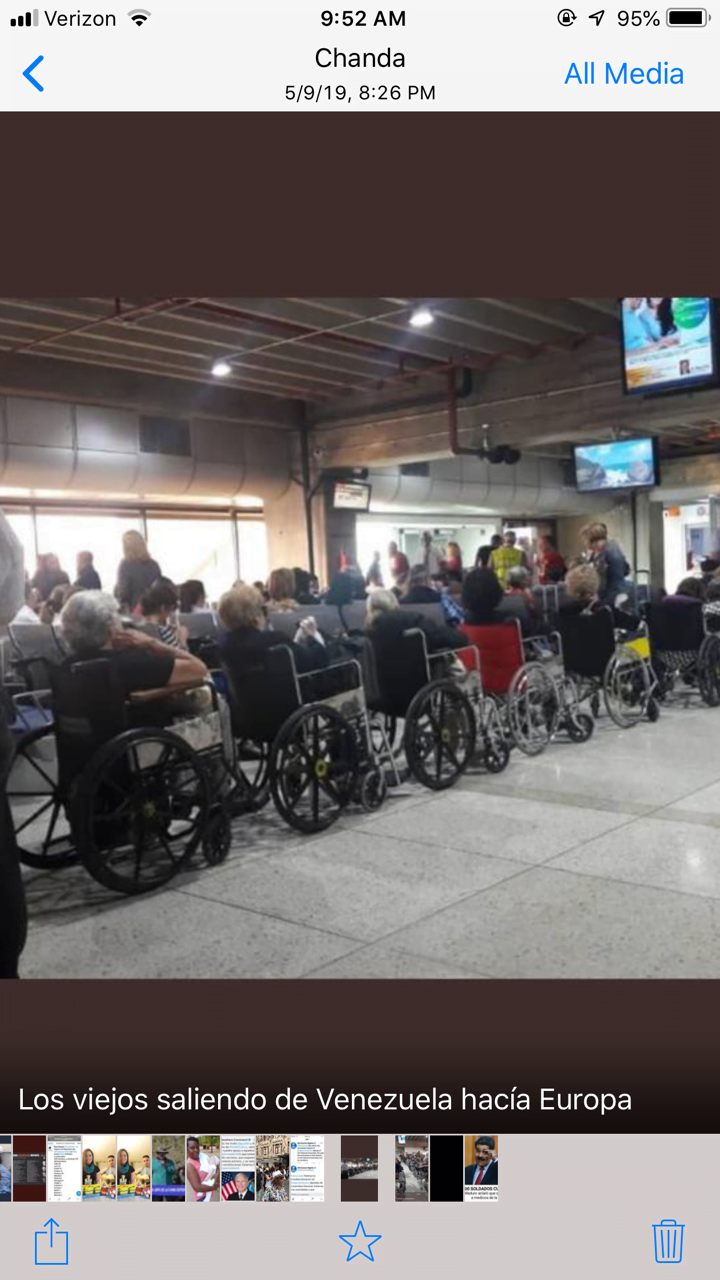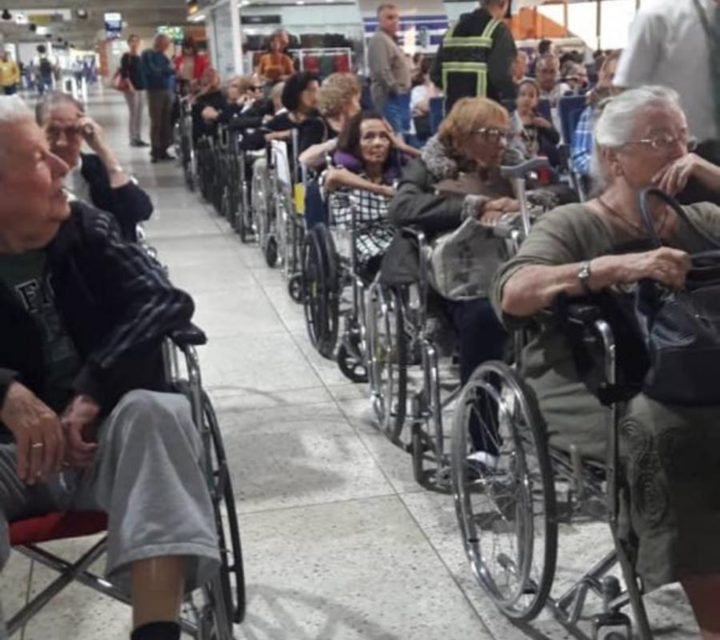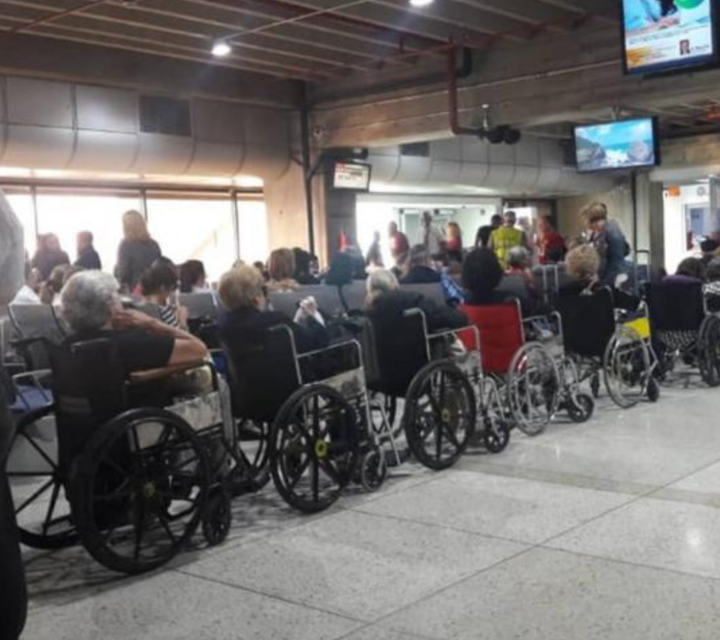By Ed Timperlake
As the Guaidó forces on the streets of Venezuela were losing the tactical battle, a strategic defeat was rapidly approaching, that is until the president made an historic phone call to President Putin. That call accomplished a most important objective: President Trump personally built new strategic maneuvering space, and President Putin agreed:
“He (Putin) is not looking at all to get involved in Venezuela other than he’d like to see something positive happen for Venezuela,” Trump said in the Oval Office. “And I feel the same way.”
There are two important takeaways from this current Moscow Times article, which is a public stalking horse for President Putin:
Putin Is Ready to Give Up Venezuela for the Right Price
Sergei Lavrov and Mike Pompeo will soon meet in Helsinki to discuss Venezuela’s future.
But, as common in his personal interactions with Putin, Trump quickly lost the initiative, allowing the discussion on Venezuela to drift towards the softer subject of humanitarian aid.
Moscow is ready to sell its stake in Maduro, but it is still unclear whether Washington is ready to offer the right price.
Taking the latter point first, it is simply the Russian version of “The Art of the Deal” in the opening round of “what can we get.”
However, the first point about President Trump losing the initiative with the “softer subject of humanitarian aid” actually means that President Trump has won the terms of the engagement.
It is simple: both President Trump and President Putin know that Juan Guaidó is the current president of Venezuela because his legitimacy was not in question during the phone call.
The proof of that reality is that President Putin allowed this quote in his hometown paper to appear in print:
Putin expressed Russia’s displeasure with U.S interference in Venezuela while convincing Trump that he “was not looking at all to get involved in Venezuela”.
In “diplo-speak,” that means that Maduro’s days are numbered simply because both the U.S. and Russia have agreed that humanitarian aid is approved.
Focusing on humanitarian aid is actually the key point for a nation literally starving with arguably the richest oil reserves in the world.
The Maduro administration bungled the great wealth of Venezuela while also disarming the population.
It actually took President Trump to not only build strategic maneuvering space, but also keep the focus on solving the human suffering side of the engagement, and this is now the publicly agreed upon (by Putin!) agenda of the way ahead.
But the need to focus on the humanitarian disaster which Venezuela has become is in and of itself crucial.
We recently received photos from Venezuela which bring home the reality of this disaster.
In these photos, elderly Venezuelans are seen leaving Venezuela to return to their natives countries from where they left over 50 years ago when Venezuela offered a better life.
Now, they are returning to their natives countries, fleeing leaving behind deteriorating economic conditions, lack of food and medical care, electricity and water and physical insecurity.
A version of this article was first published on May 7, 2019 by American Thinker.
Also see the following pieces by Ed Timperlake regarding Venezuela:




